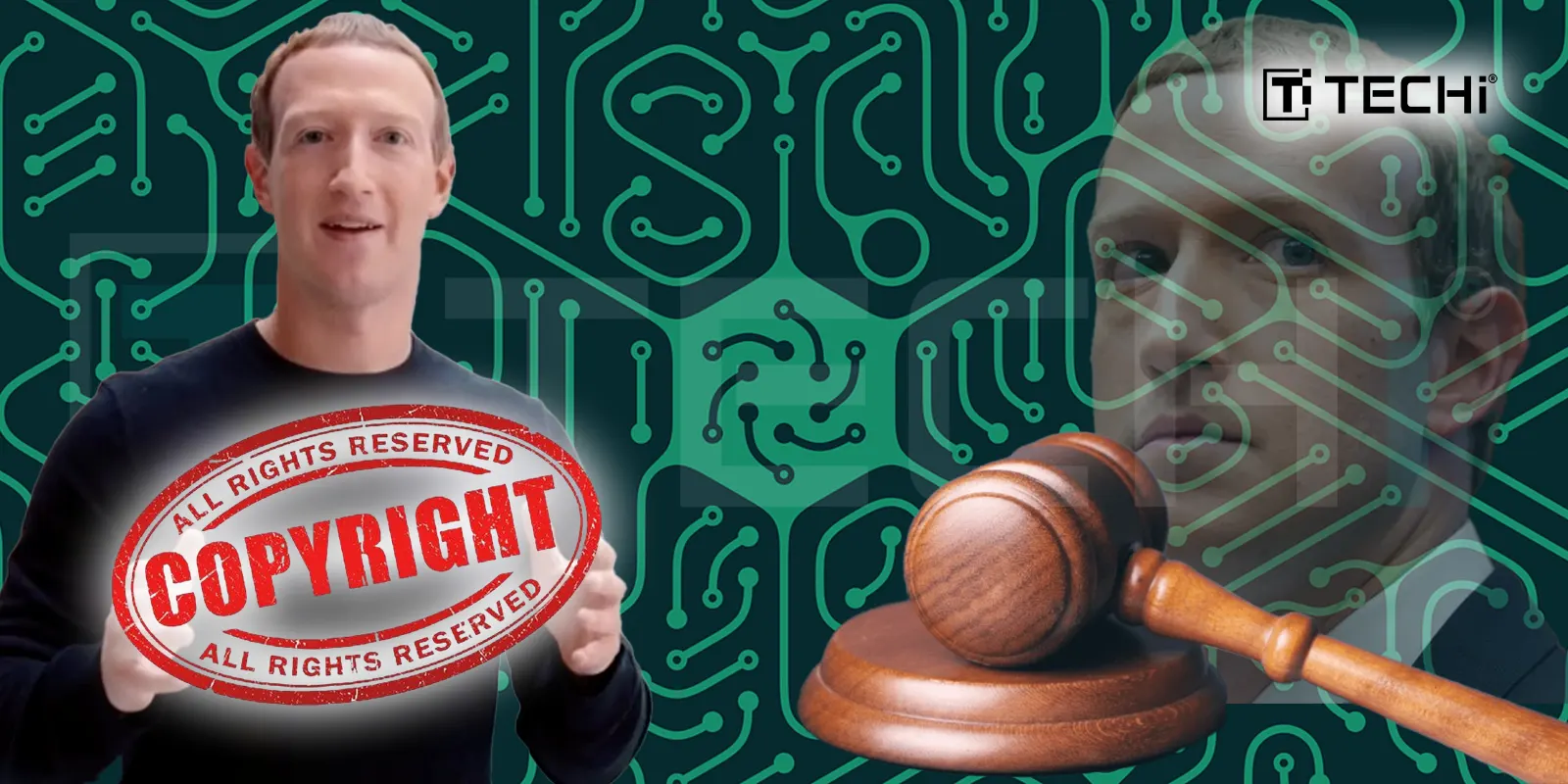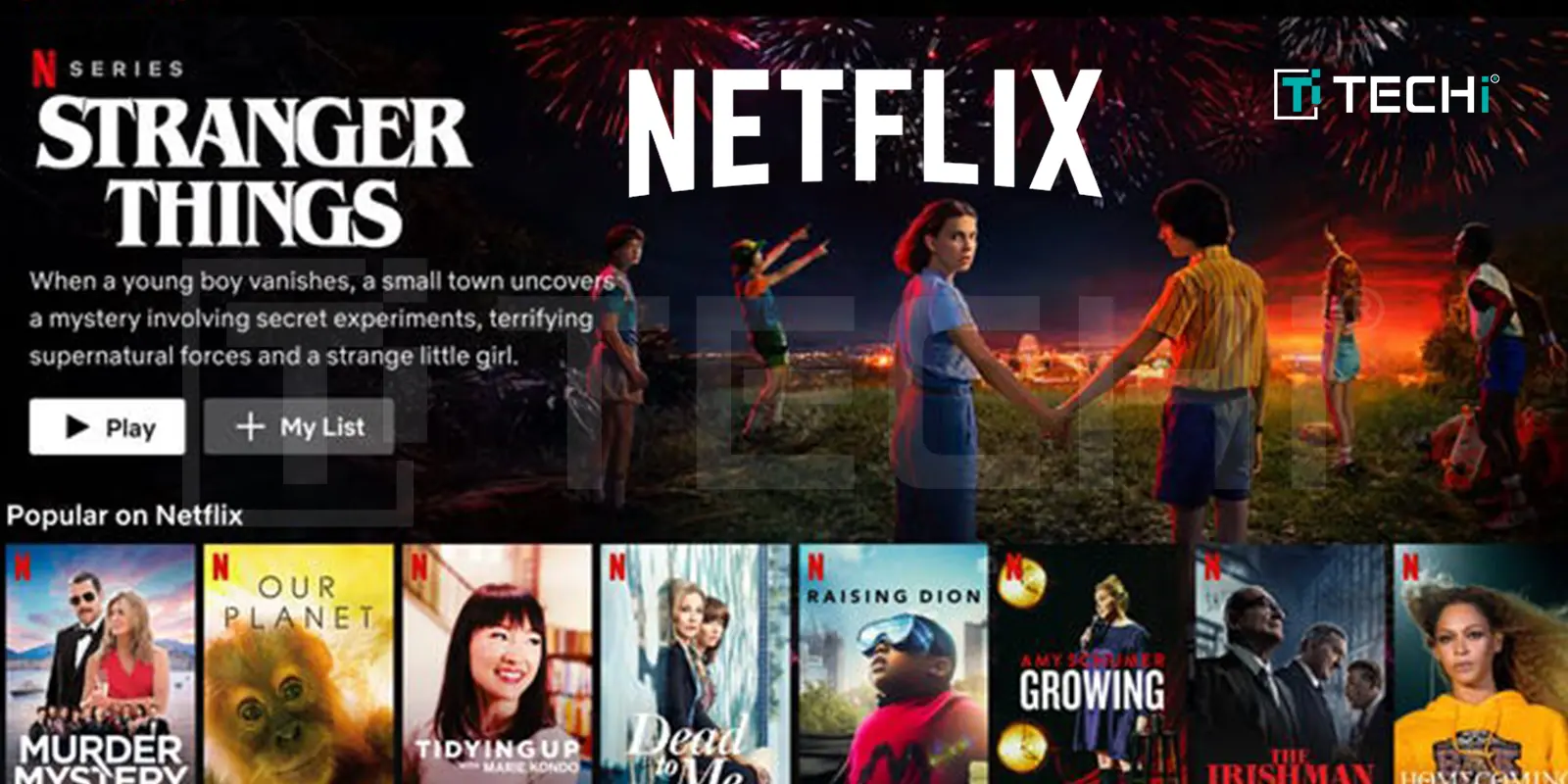Facebook Messages is an Attempt to Fix What’s Broken about Web Communication

Now that Facebook have announced their new messaging system, the reactions are pouring in: it has reinvented messaging; it’s trying to kill NYC start-up GroupMe; and of course, it might kill GMail.
But whether or not Facebook’s ‘Project Titan’ messaging revamp will kill anything is unclear. As with any new product – especially with Facebook – how people outside the tech world react is key.
But even if it’s a spectacular failure, Facebook’s new system is an attempt to fix what’s broken about electronic communication. While email, IM and texting were all boons when they were invented, they’ve become unwieldy and cumbersome, taking up too much time and requiring too much attention.
People have already spent a great deal of energy whining – saying things like they’d be too embarrassed to have a facebook.com email address – but Facebook’s solution to messaging is a big step forward
All Hail The Death of Email
Facebook messaging tackles one major problem: it turns email into a permission-based form of communication.
For years now, once you have given out your email address, it is always open to anyone who wants it. Like posting your phone number online, it means that you no longer have permission over who can contact you. This is why email is now broken: anyone can get in touch you, and most people with jobs or businesses are deluged with email. Sure, GMail Priority Inbox helped, but all it did was filter things, not lessen the amount of email you get.
One might argue that you could simply keep your address private. But anyone who works or does business online knows this isn’t an option. You have to make yourself available at some kind of email address. How else do you address clients, or get new business?
Think about how insane it is that people who don’t work in communications still spend half their day answering email, or that ‘Inbox Zero’ – meaning all messages in your inbox are read – is now so rare that it’s a thing people celebrate.
By allowing filtering of messages to either Facebook friends or friends of friends, Facebook have essentially tackled one of email’s biggest problems: there is too much of it, and too much from people and organizations you don’t care about. Messaging becomes a closed loop between people who know each other, not a deluge of information simply thrown at anyone and everyone. You can open up your inbox and get straight to the things you want, not what other people want you to see.
It is, at least as an idea about where messaging is going, a sign of better things to come.
Bringing Together The Fragments
If real estate is all about location, then 21st century web services are all about aggregation, aggregation, aggregation.
Facebook Messages unifies messaging across various platforms, centralizing your communication in a single place. This is great. While we usually communicate with work partners and clients through one form – say phone or email – we communicate with our actual friends and family through multiple forms: texts, chats, emails, phone calls etc.
By aggregating all of these activities together, Facebook makes it much easier to keep track of all those threads. I know I can’t be alone in making plans with people over text, email and the phone – by putting them all in one place (voice calls will be coming later), Facebook is tackling the other major problem of communication: fragmentation.
Even more neat is the idea that you can produce a narrative of your history with someone. Sure, that’ll be hell for when you break up with someone – but then, that’s what delete buttons are for.
A Murky Future: Will FB Ruin a Good Thing?
Now, all I’m saying is that this is a promising sign that someone is thinking about what’s broken in messaging today.
Facebook’s attempts are always a bit sketchy, and this is no different. There are bound to be privacy issues, and it’s useless to anyone who doesn’t want to use Facebook. That said, the idea behind these changes is solid, as it will make communicating easier and more straightforward.
What do you think of the new changes to Facebook? Could you see yourself using it? And what might some problems be with the new approach?





as mentioned before: Google wave tried exactly that and while we are still using it, it has not come anywhere near ending email for us as a communication tool. However facebook has a much larger audience and user base than and that is why they actually could leverage a cultural change from email to a new medium.
Facebook messaging has nothing that would persuade me to switch from Gmail.
Innovation and competition is great for everyone. But beyond the hype of Facebook messaging, I don't see anything about it that is really useful for me.
Comments on Digg seem to feel similarly
Google Wave was marketed as a game changer, but instead it rides the waves of the abandonware waters.